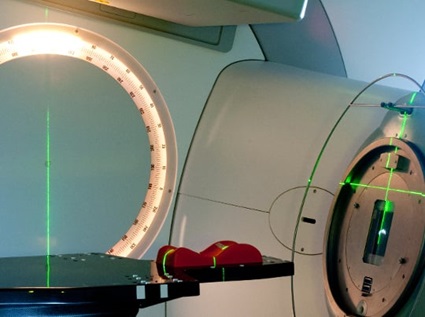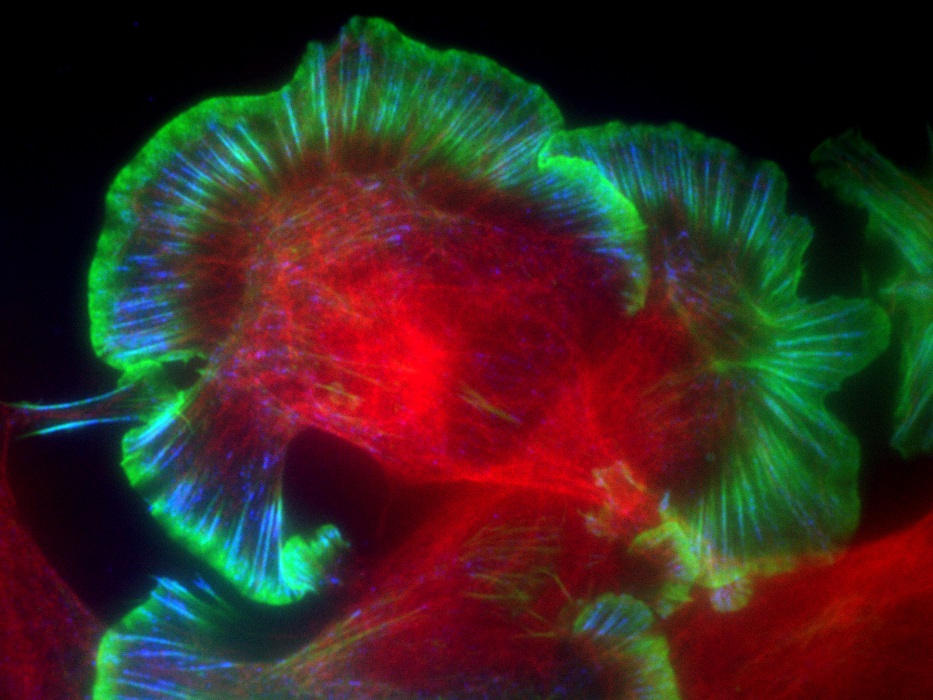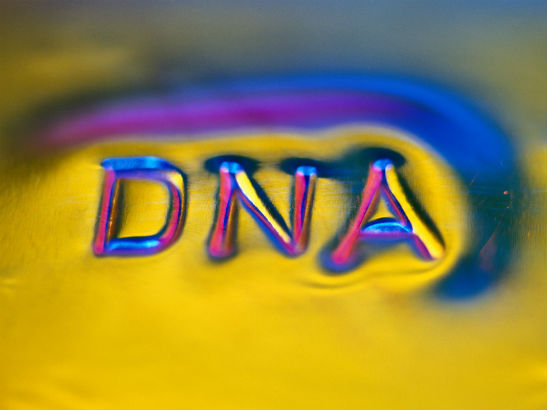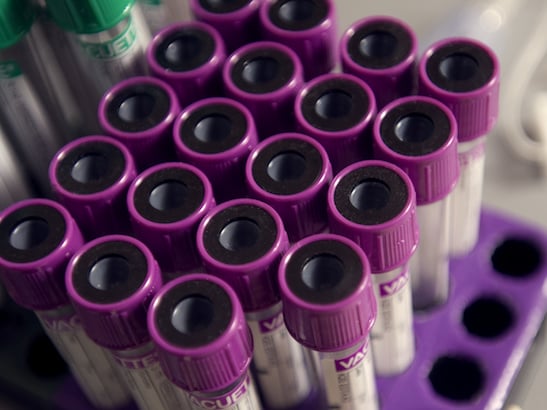News and features
Read the latest news and features about our world-leading research, discoveries, fundraising and philanthropy. If you want to keep updated on our news, you can follow us on social media or sign up for our Search newsletter.
If you’re a journalist and want to find out more, you can contact our media relations team.
-(4-3).png?sfvrsn=f34dfbad_2)
Lung cancer drug shows promise as targeted therapy for thousands with breast cancer
A drug used in treating non-small cell lung cancer could offer a new targeted therapy for thousands of breast cancer patients, following the discovery that it can kill breast cancer cells with a particular genetic defect.

'Virtual tumours' predict success of tumour-heating sound waves
The technology uses targeted sounds waves to destroy cancer cells and could be extra beneficial when used in combination with radiotherapy.

Women report fewer adverse side-effects from partial or reduced breast radiotherapy, reveals major study
The latest results from a large study indicates over half of patients do not report moderate or marked side-effects at any point and that most side-effects reduce over time.
-mucinous-ovarian-tumour-(photo-nephron)-547x410.jpg?sfvrsn=683c5fde_2)
Six steps forward we've made in ovarian cancer treatment
Over the last few decades, our research into ovarian cancer has led to discoveries that greatly impact on its treatment. Today, this research is giving women with ovarian cancer a better quality of life and more time with their loved ones. Here are six of our discoveries.

Winners of the ICR's Science Photography and Imaging Competition 2017 announced
The annual competition, open to all researchers at the ICR and The Royal Marsden, aims to showcase the beauty often found in scientific and medical images and how they can be used to tell a story.

Scientists discover exciting new line of attack for hard-to-treat breast cancers
The identified gene was one of 37 new genes that the researchers found triple-negative breast cancers were 'addicted to'.

Scientists find treasure trove of 110 genes linked to breast cancer
The study used a pioneering genetic technique to analyse maps of DNA regions linked to an inherited risk of breast cancer and find the actual genes involved.

Drug that targets ‘on switch’ in cancer cells moves one step closer
The new targeted therapy which could combat drug resistance has been found to be safe in early trials, allowing it to move to the next stage of development.

New class of drugs effective against one of the toughest cancers to treat
Scientists have discovered a promising new type of therapy for bile duct cancer – a deadly disease which in most cases is inoperable and incurable.

New blood test could quickly predict if the drug palbociclib will help breast cancer patients
Scientists say the test could detect in two to three weeks whether the drug is working, compared to the two to three months that it currently takes.

Celebrating courageous patients and research success
Discovery Club members at our annual Discovery Club reception recently heard first-hand about ovarian cancer treatment from cancer survivor Sue Vincent.

Growing replica tumours in the lab could personalise drug treatment for each patient
The exciting new technique involves growing ‘mini tumours’ from biopsy samples – and could help end reliance on trial and error in selecting cancer treatments.
